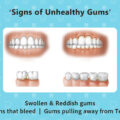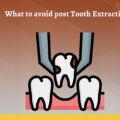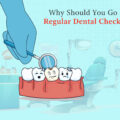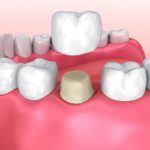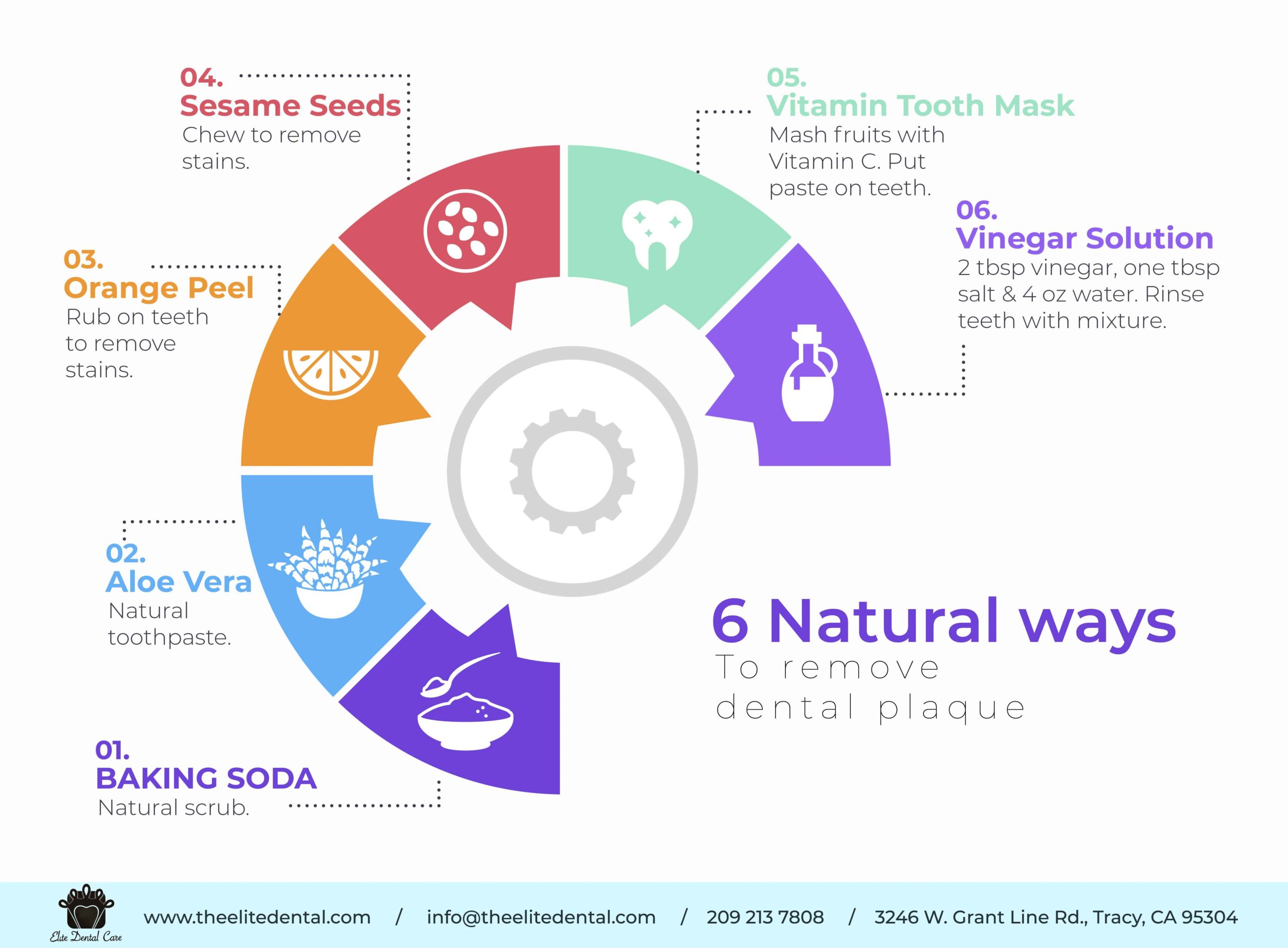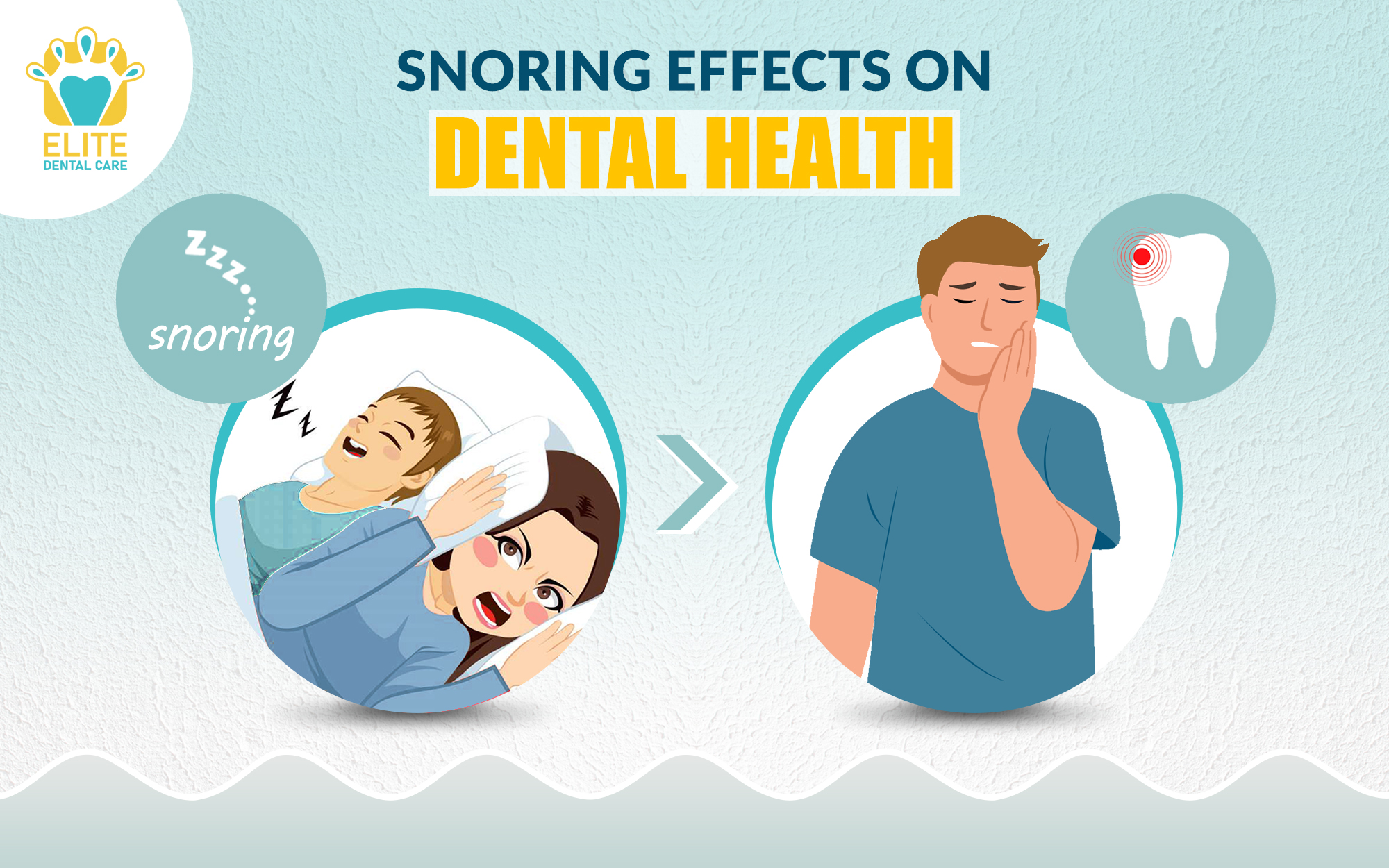
dental caredenturesoral healthRoot Canal TreatmentTeeth Whitening
edental
11 April 2022
How does Snoring Affect Dental Health?
Snoring is one of the most annoying things within the human system, The effects are especially prominent when you’re sleeping with a person who’s snoring full swing. It is also true that snoring is not in someone’s hand. It is a fact that causes some significant issues related to your health problems. If you and your loved one also have snoring problems, you should immediately consult with the dentist because it can cause oral health issues in future.
What are the causes of snoring?
The tissue on your upper mouth, tongue, and throat relaxes while sleeping. Sometimes, soft tissues relax and entirely obstruct your airway, especially while sleeping on your back.
As air travels down your neck, the soft tissues begin to vibrate, resulting in a snoring sound effect. As you breathe more heavily, it’ll make more noise caused by your narrow airways.
Snoring happens when your breath becomes clogged while sleeping. The tongue or the soft tissues in your mouth produces blockages, and when the muscles at the head of the airway collide, the vibration makes a loud noise.
Is there a reason why I snore?
Snoring is pretty prevalent among adults. As per sleep education, chronic snoring affects 40% of men. As per the statistical data, 24% of females and 10% of children snore while sleeping. If we talk about children, snoring experts say that they snore because the missing teeth can alter the structure of tissues in the mouth, causing constricted breath.
Snoring is very typical, but initially, everyone gets tense about why they are snoring. We have listed a few reasons below:
- Some people are born with a small airway due to a low, thick, soft palate, long uvula, or huge tonsils.
- When resting on your back on a flat pillow, the position of your airway may shift.
- Obese or overweight people may have extra tissue around their throat, which might constrict their airway.
- Chronic nasal congestion can induce snoring by restricting airflow while breathing.
- Alcohol and cigarettes relax your throat muscle which causes airways blockages
There are additional major risk factors that contribute to snoring:
- Men snore more than women.
- After the age of 40, almost every person starts snoring.
- Pregnancy is the primary reason for women snoring.
- Lastly, it is in your genes.
Snoring might cause weariness or exhaustion during the day. If you snore loudly enough, you may not obtain enough oxygen at night.
Contact your dentist if you are feeling unwell or tired. Snoring might indicate obstructive sleep apnea, a disease where you don’t breathe enough while sleeping.
How does snoring affect your breath?
When you wake up with awful morning breath, it might be due to snoring the night before. Snoring occurs due to breathing with the mouth open, which causes a dry mouth.
The tissues in your mouth become dry when the protective coating of saliva is missing. Dry mouth can cause bad breath, increased bacteria buildup, infections and blisters, and tooth damage.
Saliva is vital for maintaining a healthy mouth because it washes away food waste from your cheeks, under the teeth, and tongue. When food waste and germs are not removed, they degrade and eject an odor.
A lack of salvia also permits dangerous bacteria and other bacteria in the mouth to develop too quickly, leading to oral infections and ulcers. When saliva cannot protect and cleanse your mouth, you are more likely to develop tooth decay and gum disease.
Snoring may cause side effects. If you can control it, you will reduce bad breathing problems. If you cannot get rid of it, it is time to get help from experts. There are numerous treatments available to get rid of snoring.
A dentist will help you.
If you and your partner are annoyed by the chronic snoring problem at night, you must consult with your dentist. Your dentist can give appropriate recommendations for snoring treatment.
One of these examinations is a sleep study, overnight specialists monitor and evaluate sleep patterns and vital signs as part of the sleep research. These professionals will be able to tell you why you snore and provide advice to your doctor.
In addition to a sleep study, your dentist may suggest various treatments, such as operations to remove or alter tissues in your mouth to clear your airway.
There are also things you can do at home to decrease snoring. These methods can be really helpful:
- Consume little or no alcohol before going to bed.
- Sleeping on your back is not a good idea. Sleeping on your side with a supportive pillow may be beneficial.
- To open the airflow in your nose, use nasal strips.
With the assistance of a dental expert, you can determine the cause of your snoring and sleep more soundly at night.
